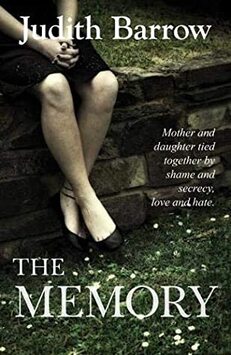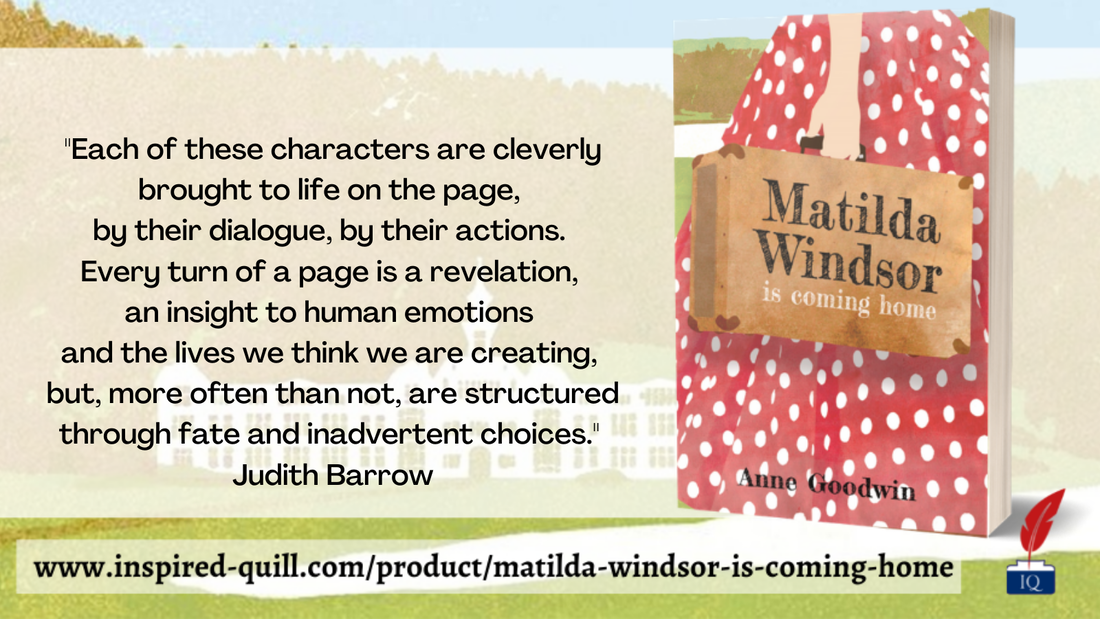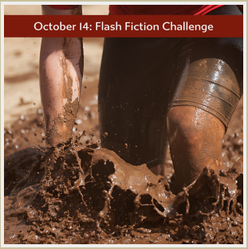| Irene is eight when her sister Rose is born, and she can’t understand why her mother isn’t more excited. Her family used to be fun, laughing and playing, but now her mum hardly does anything, leaving Irene, her dad and her nanna to attend to the baby. Presumably, Lillian, the mother, is suffering from postnatal depression, but this drags on and on. She can’t accept that she has a daughter with Down’s syndrome. As Irene takes on the mothering duties, Lillian seems less and less part of the family. |
We follow Irene through work and marriage as she juggles the tension between personal ambition and family commitment. She frequently finds herself in a caring role, sometimes willingly and sometimes with reluctance. Eventually, she finds herself trapped in her childhood home as the exhausted primary carer for Lillian, whose dementia has got to the stage where she’s unable to do much for herself.
I loved the 1960s and 70s period detail, with reminders of so many things I’d forgotten from those times. Scenes of Irene’s childhood and early adulthood are interspersed with moments across two claustrophobic days in 2002 as she attends to her mother’s basic needs. The novel contrasts the many different kinds of caring, from Irene’s delight in her younger sister to the everyday horror of the dependency of a relative she finds difficult to love.
Published by Honno Press, The Memory is Judith Barrow’s fifth novel. Thanks to author and publisher for my review copy.
Judith and I connected after she wrote a lovely review of my latest novel, Matilda Windsor is Coming Home. (Click on the image to read it.)
| Judith talks about how Irene’s relationship with her mother has been distorted by her interpretation of something she saw as a teenager, but it wasn’t until I began to wonder what I’d write for this week’s flash fiction challenge that I remembered Henry’s muddled memory in Matilda Windsor is Coming Home. Here’s how I made it into a 99-word story: |
The memory was muddied, all detail obscured by layers of grime. A brother, a sister, an indistinct gift. He’d tried to restore it, but the water was fouled with boarding-school bullying. The cloths frayed by military constraints. Later, with a cupboard full of fancy cleaning products, Henry hesitated to use them. Afraid of what he’d find underneath.
Was there love beneath the dirt, or indifference? Was there heart behind the promise as yet unfulfilled? Was the muck an oyster shell with a pearl inside it? Or were appearances undeceiving and it was it simply what it looked like: trash?
























 RSS Feed
RSS Feed





















